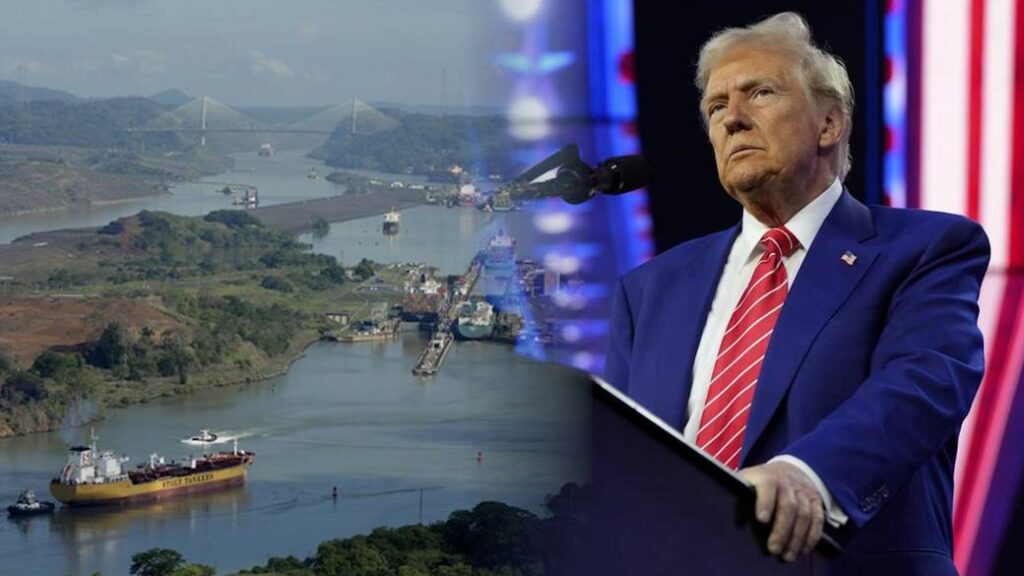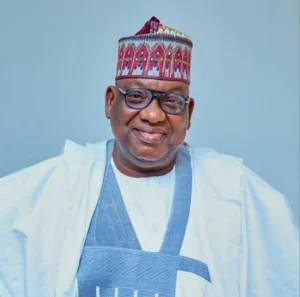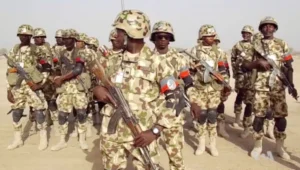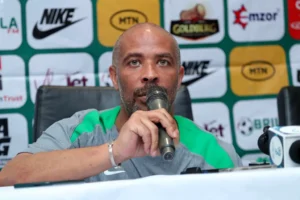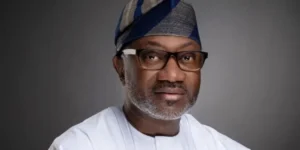US President Donald Trump has again threatened to “take back” the Panama Canal, warning of strong US action if necessary. His comments on Sunday, February 2, come as tensions grow between the US and Panama over China’s role near the vital waterway.
Earlier that day, US Secretary of State Marco Rubio visited Panama, his first international trip in this role. He met with Panama’s President, Raúl Mulino, to discuss concerns about China’s influence.
Mulino assured Rubio that Panama’s control over the canal is not up for debate. However, he acknowledged US concerns about China’s involvement in the region.
To ease tensions, Mulino announced that Panama will not renew its 2017 agreement with China’s Belt and Road Initiative, a global development project. He even suggested that the deal might end sooner than expected.
Instead, Panama is looking to strengthen ties with the US and attract American investments. “This visit opens the door for new relations and more US investments in Panama,” Mulino said. He also expressed interest in working with the US on infrastructure projects.
Rubio reminded Panama’s leaders that the US has the right to take action if the canal’s operations are threatened. The 1977 treaty that returned the canal to Panama allows the US to intervene if internal conflicts or foreign powers disrupt its functioning.
Despite Trump’s warning, Mulino does not believe the US will use military force to retake the canal.
The discussions also covered migration issues. Panama and the US are considering expanding a program that would allow the US to pay for flights to send migrants back to their home countries.
Mulino made it clear that Panama will not cover any costs for this program. “Yes, exactly,” he said when asked if Panama would simply transfer migrants under a US-funded program. “Panama won’t invest a single dollar in it.”
Trump’s strong remarks have sparked debate over the Panama Canal’s future. While Panama is distancing itself from China, the US remains watchful of foreign influence over the strategic waterway. The coming months will reveal how these diplomatic tensions unfold.
